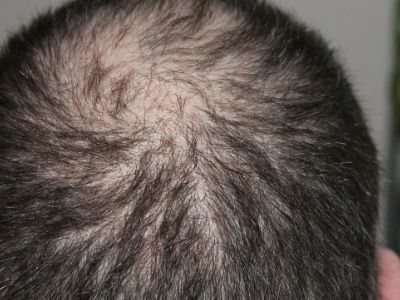Eating disorders are serious, complex mental health issues that affect both one’s emotional and physical health. People who suffer from eating disorders develop a negative relationship with food, their weight, or their appearance. These are all types of eating disorders: anorexia, bulimia, and binge eating. Treatment for eating disorders is available. Untreated people can develop potentially life-threatening conditions.
Symptoms of Eating Disorder
Symptoms of eating disorders vary by type. It may be difficult to spot an eating disorder as it often mimics dieting. If you or a loved one has an eating disorder, you may notice these changes:

- Unusual sweating or hot flashes
- Unexplained weight changes or drastic weight loss
- Frequent bathroom breaks after eating
- Thinning hair or hair loss
- Fainting, fatigue, or dizziness
- Mood swings
Other changes may also include:
- Hiding food or throwing it away
- Withdrawing from friends or social activities
- Solo dining or not wanting to eat with other people
- Food rituals
- Fixation on foods, exercise, calories, or weight loss
Eating Disorder Causes
A mix of environment, genetics, and social factors play a role in the development of the eating disorder. Some people with this disorder may use extreme measures to control food when they feel like other aspects of their lives are out of control. An obsession with food becomes an unhealthy way of coping with painful feelings or emotions. Thus, eating disorders are more about finding a healthy way to manage your emotions than about food.
Risk Factors for Eating Disorder
An eating disorder can develop at any age. Certain factors may make you more prone to developing an eating disorder such as:
- History of dieting
- A history of trauma (physical, emotional, or sexual)
- Personal history of anxiety, depression, or obsessive-compulsive disorder (OCD)
- Family history of eating disorders, addiction, or other mental health issues, such as depression
Other factors may include:
- Major life changes such as starting a new school or job, a divorce, or a move
- Involvement in activities that focus on a slender appearance such as gymnastics, modeling, wrestling, swimming, and running
- Perfectionistic tendencies
- Diabetes (up to one-fourth of women with Type 1 diabetes develop an eating disorder)
Eating Disorder Diagnosis
An eating disorder is diagnosed based on symptoms and eating habits. Your doctor will likely perform an exam and request tests to help pinpoint a diagnosis. You may see both your primary care provider and a mental health professional for a diagnosis.
Tests generally may include:
- Psychological evaluation – A doctor or mental health professional will likely ask about your thoughts, feelings, and eating habits.
- Physical exam – Your doctor will likely examine you to rule out other medical causes for your eating issues.
Eating Disorder Treatment

Treatment for eating disorders varies depending on your needs. Even if you don’t have a diagnosed eating disorder, an expert can help you address and manage food-related issues. Treatment may include:
- Psychotherapy – a mental health expert can detect the best psychotherapy for you. This therapy helps you understand and change distorted thinking patterns that drive behaviors and emotions.
- Medications – some people with an eating disorder have depression or anxiety. Taking antidepressants can improve the condition.
- Maudsley approach – this is a family therapy that helps those with anorexia.
- Nutrition counseling – this helps improve eating habits and develop nutritious meal plans.












